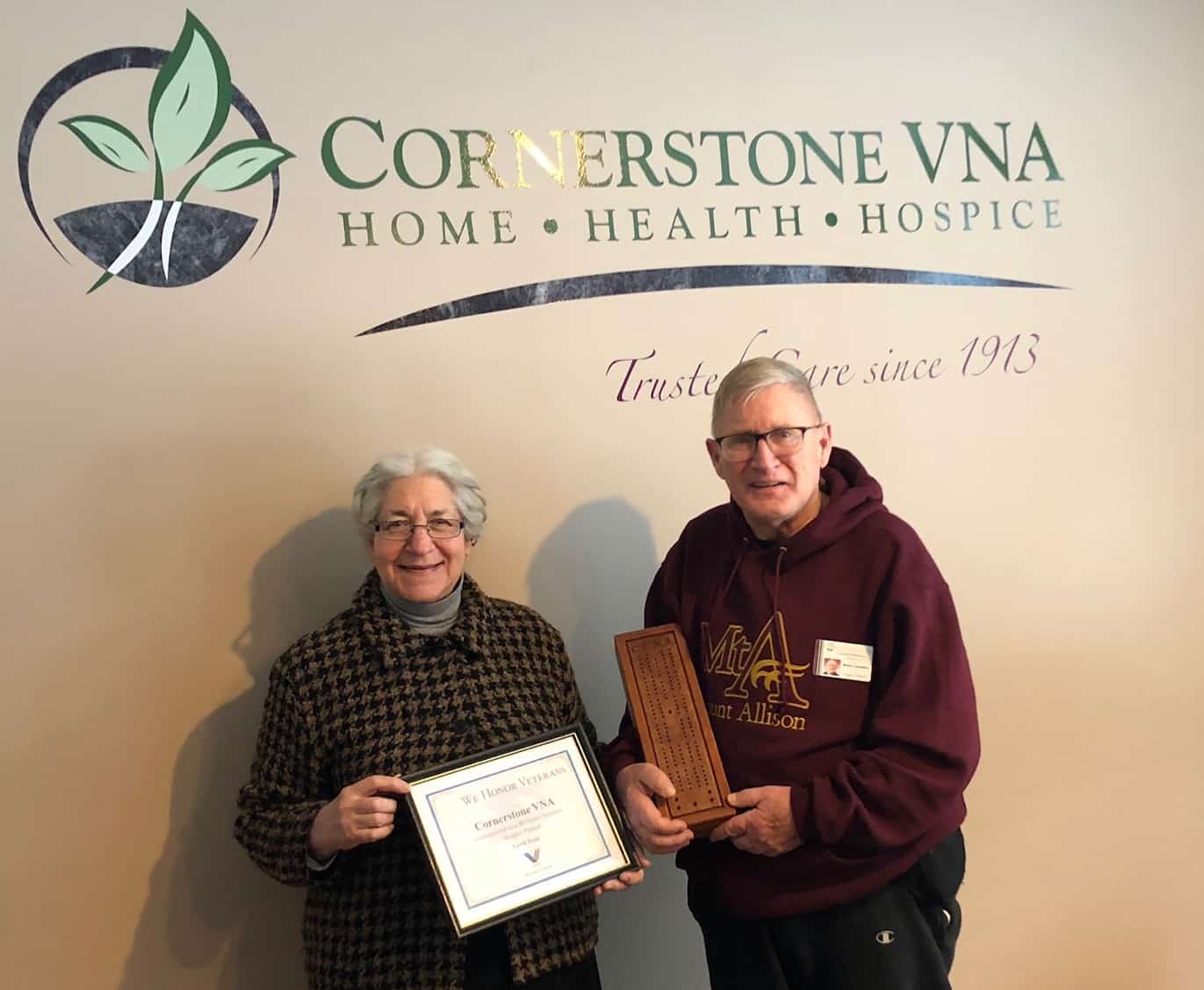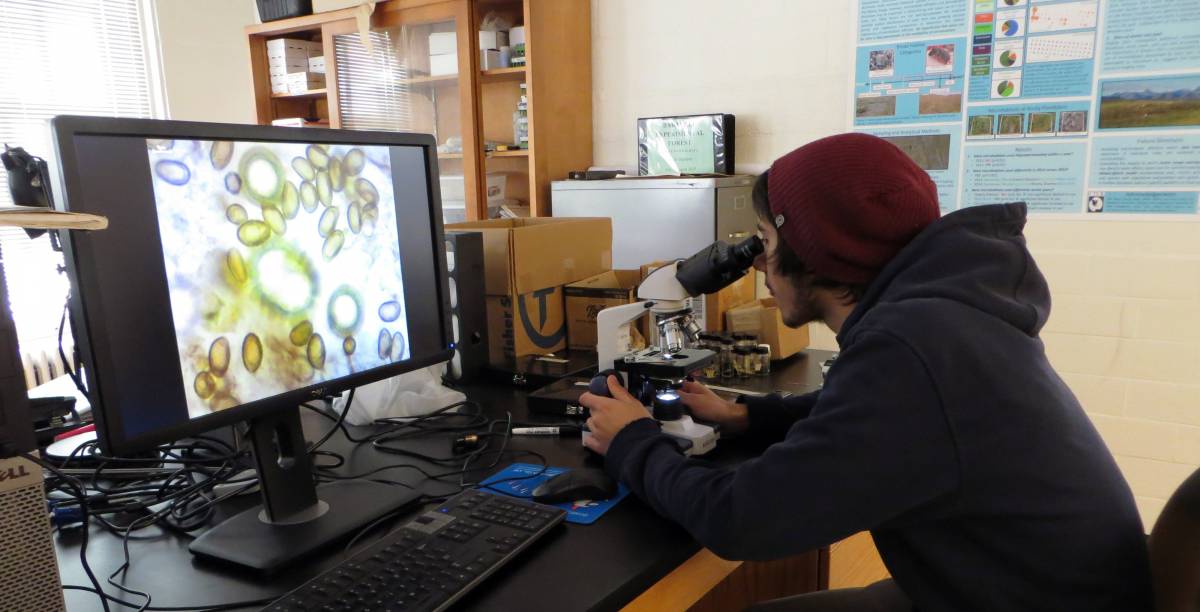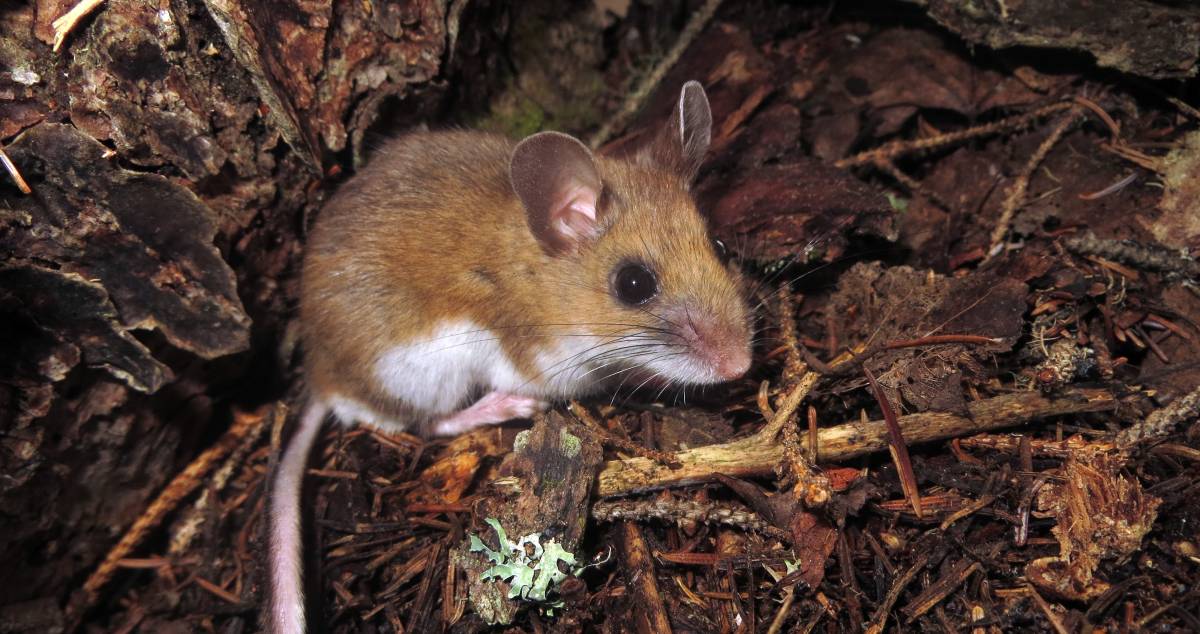- Details
- Written by Patrick R. McElhiney
- Category: Articles
The New Hampshire Division of Motor Vehicles is pleased to announce a new phone number available to assist customers with REAL ID questions and information, 603-4-REALID (603-473-2543). Customers can call 603-4-REALID to learn more about REAL ID and the required documents needed to get a REAL ID before they visit the DMV.
“The DMV continues to offer new products and services like 603-4-REALID and Saturday hours to streamline the process of getting a REAL ID,” said DMV Director Elizabeth Bielecki. “Currently, only 30 percent of those eligible for a REAL ID have gotten one and we encourage everyone not to wait until the last minute so as to avoid longer than normal wait times just before the October 2020 deadline.”
Federally compliant identification, like a REAL ID, will be required to board domestic flights after the October 2020 deadline. Getting a REAL ID is voluntary, and other federally compliant identification, such as a passport, may also be used for domestic air travel. However, time is running out and we encourage New Hampshire residents who wish to obtain a REAL ID to do so as soon as possible. REAL ID applications must be submitted in person.
The following New Hampshire DMV locations are open the second Saturday of each month from 8 a.m. to 12 p.m. for REAL ID transactions only: Concord, Dover, Manchester, Nashua, Newport, and Twin Mountain.
Additional documentation is required when applying for REAL ID and should be gathered prior to your visit to the DMV. Documentation related to name changes due to marriage, divorce, adoption, etc., must be presented at the time of the transaction.
For detailed documentation requirements and facts about REAL ID, visit www.getREAL.nh.gov. To speak to a DMV customer service representative about REAL ID and the documents required to obtain a REAL ID, call 603-4-REALID (603-473-2543).
- Details
- Written by Patrick R. McElhiney
- Category: Articles
DURHAM, N.H.—Fewer than half of New Hampshire residents are aware that average winter temperatures have risen in the state, according to new research released by the Carsey School of Public Policy at the University of New Hampshire. Although many residents have not noticed, their winters have been warming about twice as fast as global warming. The researchers also found that awareness of warming is no higher among people who participate in winter sports, nor are there significant differences by age, sex or level of education.
But winter-warming awareness does vary with political identity. Liberals and moderates are significantly more likely than conservatives to acknowledge the warming trend, according to the researchers.
While average winter temperatures are clearly rising, trends in snowfall (which can be heaviest when it is just below freezing) appear less clear-cut. “It’s possible the lack of consistent trends in winter snowfall and snow cover over the past 20 years may cause some residents to believe there has been little change in temperature,” they noted. Future studies might consider whether different types of winter sports participation affect perceptions of winter warming. For example, studies of skiers’ perceptions about changing winters have been limited and focused on adaptive responses such as snowmaking rather than climate change itself.
This research was conducted by Elizabeth Burakowski, a research assistant professor in the Institute for the Study of Earth, Oceans, and Space, and Lawrence Hamilton, professor of sociology and senior fellow in the Carsey School.
The Carsey School of Public Policy is nationally recognized for research, policy education and bringing people together for thoughtful dialogue to address important societal challenges. The school develops and facilitates innovative, responsive and equitable solutions at all levels of government and in the for-profit and nonprofit sectors.
The University of New Hampshire inspires innovation and transforms lives in our state, nation, and world. More than 16,000 students from all 50 states and 71 countries engage with an award-winning faculty in top-ranked programs in business, engineering, law, health and human services, liberal arts and the sciences across more than 200 programs of study. As one of the nation’s highest-performing research universities, UNH partners with NASA, NOAA, NSF and NIH, and receives more than $110 million in competitive external funding every year to further explore and define the frontiers of land, sea, and space.
- Details
- Written by Patrick R. McElhiney
- Category: Articles
 Rochester, NH: Cornerstone VNA, nonprofit home health and hospice care provider, is proud to announce that their Hospice Care program has achieved Level Four status with the We Honor Veterans program, the highest recognition level of this important program. This special recognition reflects Cornerstone VNA’s commitment to ensuring veterans have access to quality end-of-life care. According to Kelly Doherty, RN-C, MSN, ARNP-BC, ACHPN, Hospice & Palliative Care Director at Cornerstone VNA, “This hospice specific program allows us to better care for Veterans at end-of-life.”
Rochester, NH: Cornerstone VNA, nonprofit home health and hospice care provider, is proud to announce that their Hospice Care program has achieved Level Four status with the We Honor Veterans program, the highest recognition level of this important program. This special recognition reflects Cornerstone VNA’s commitment to ensuring veterans have access to quality end-of-life care. According to Kelly Doherty, RN-C, MSN, ARNP-BC, ACHPN, Hospice & Palliative Care Director at Cornerstone VNA, “This hospice specific program allows us to better care for Veterans at end-of-life.”
We Honor Veterans is a national Hospice provider awareness campaign conducted by the National Hospice and Palliative Care Organization in collaboration with the Department of Veterans Affairs. As a We Honor Veterans Partner, Cornerstone VNA is better prepared to build organizational capacity to provide quality care for veterans and to strengthen partnerships with veteran organizations. In addition, they strive to increase access to hospice and palliative care for veterans living in their community and to network with other hospices across the country to learn about best practice models.
According to The National Hospice and Palliative Care Organization, Hospices can “earn their stars” and the matching logo by completing activities for each of four levels of commitment. This allows VA staff and Veterans to easily identify hospices that have made a commitment to offering veteran-specific care and services provided by a competent and highly skilled workforce.
According to Hospice Volunteer Coordinator, Nancy Nicolazzo, "At Cornerstone VNA, we are privileged to do whatever we can to honor veterans and their family members, and to express our gratitude to them for their gallantry at the end of their lives." Cornerstone VNA has many Hospice Volunteers, including Paula Carr and Brue Larrabee, who are both veterans. According to Bruce Larrabee, “Veterans aren’t looking for a handout, they’re looking for a hand.” As a We Honor Veterans Partner, Cornerstone VNA is proud to give veterans a helping hand and the support they need at end-of-life.
For more information about the We Honor Veterans program at Cornerstone VNA, contact Nancy Nicolazzo, Chaplain/Hospice Volunteer Coordinator at 603-332-1133 x1239 or This email address is being protected from spambots. You need JavaScript enabled to view it..
Cornerstone VNA is a nonprofit organization currently serving Rockingham, Strafford, Belknap and Carroll Counties in New Hampshire and York County in Maine. The team at Cornerstone VNA provides award-winning care and support through five distinct programs: Home Care, Hospice Care, Palliative Care, Life Care-Private Duty, and Community Care. For 107 years, Cornerstone VNA has been committed to bringing services to people of all ages so that families can stay together at home, even when facing the challenges of aging, surgical recovery, chronic or life-threatening illnesses or end-of-life care. To learn more about Cornerstone VNA, visit www.cornerstonevna.org or call 800-691-1133.
- Details
- Written by Patrick R. McElhiney
- Category: Articles
 DURHAM, N.H.—Small mammals such as mice and chipmunks who are not picky eaters play a more important role than previously known in dispersing the spores of wild mushrooms and truffles, according to new research from the New Hampshire Agricultural Experiment Station at the University of New Hampshire.
DURHAM, N.H.—Small mammals such as mice and chipmunks who are not picky eaters play a more important role than previously known in dispersing the spores of wild mushrooms and truffles, according to new research from the New Hampshire Agricultural Experiment Station at the University of New Hampshire.
Mushrooms and truffles colonize the roots of plants and assist with water and nutrient uptake. They also play a fundamental role in helping reestablish plants following disturbances such as wildfires, volcanic eruptions and the retreat of melting glaciers.
The research was conducted by Ryan Stephens, a postdoctoral researcher, and Rebecca Rowe, associate professor of natural resources and the environment. More than 1,200 scat samples were collected from small mammals in the White Mountain National Forest and analyzed. The researchers found that rodent species that consume a wide variety of food items can be important dispersers of the spores produced in fruiting bodies such as mushrooms and truffles. They are especially effective when their population increases.
“When generalist rodent populations are on the rise, they can disperse more fungal spores than dietary specialists such as the southern red-backed vole that consumes fungi as their main food source,” said Stephens. “Because they use a wide variety of habitats, they can also disperse spores to areas that dietary specialists rarely inhabit.”
 In addition, these mice and chipmunks disperse fungal spores at a time when many seeds are germinating, which is key for the survival and growth of the tree seedlings.
In addition, these mice and chipmunks disperse fungal spores at a time when many seeds are germinating, which is key for the survival and growth of the tree seedlings.
Scientists long thought specialists such as northern flying squirrels and southern red-backed voles that consume fungi as their main food were the most important dispersers of mycorrhizal fungi. These new findings are important as mycorrhizal fungi are key components to forest sustainability and health. Fungi colonize plant roots and assist with water and nutrition uptake. All tree species in New England form this mutualistic association, and some tree species cannot survive without it.
This research is presented in the journal Ecology. It is based upon work supported by the NH Agricultural Experiment Station, through joint funding of the National Institute of Food and Agriculture, U.S. Department of Agriculture, under award numbers 1016133 and 1006881, and the state of New Hampshire. Additional support was provided by the Northern Research Station of the USDA Forest Service, University of New Hampshire Natural Resources and the Environment Student Support Fund, American Society of Mammalogists, and the Mycological Society of America: Forest Fungal Ecology Research Award.
Founded in 1887, the NH Agricultural Experiment Station at the UNH College of Life Sciences and Agriculture is UNH’s original research center and an elemental component of New Hampshire's land-grant university heritage and mission.
The University of New Hampshire inspires innovation and transforms lives in our state, nation, and world. More than 16,000 students from all 50 states and 71 countries engage with an award-winning faculty in top-ranked programs in business, engineering, law, health and human services, liberal arts and the sciences across more than 200 programs of study. As one of the nation’s highest-performing research universities, UNH partners with NASA, NOAA, NSF and NIH, and receives more than $110 million in competitive external funding every year to further explore and define the frontiers of land, sea, and space.
Page 33 of 77


